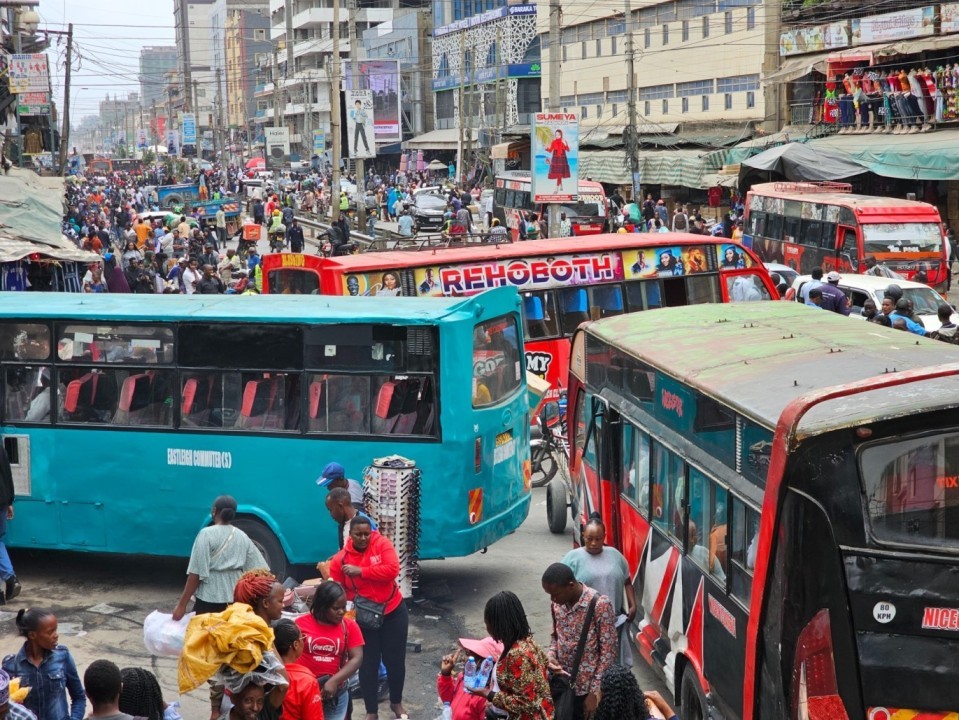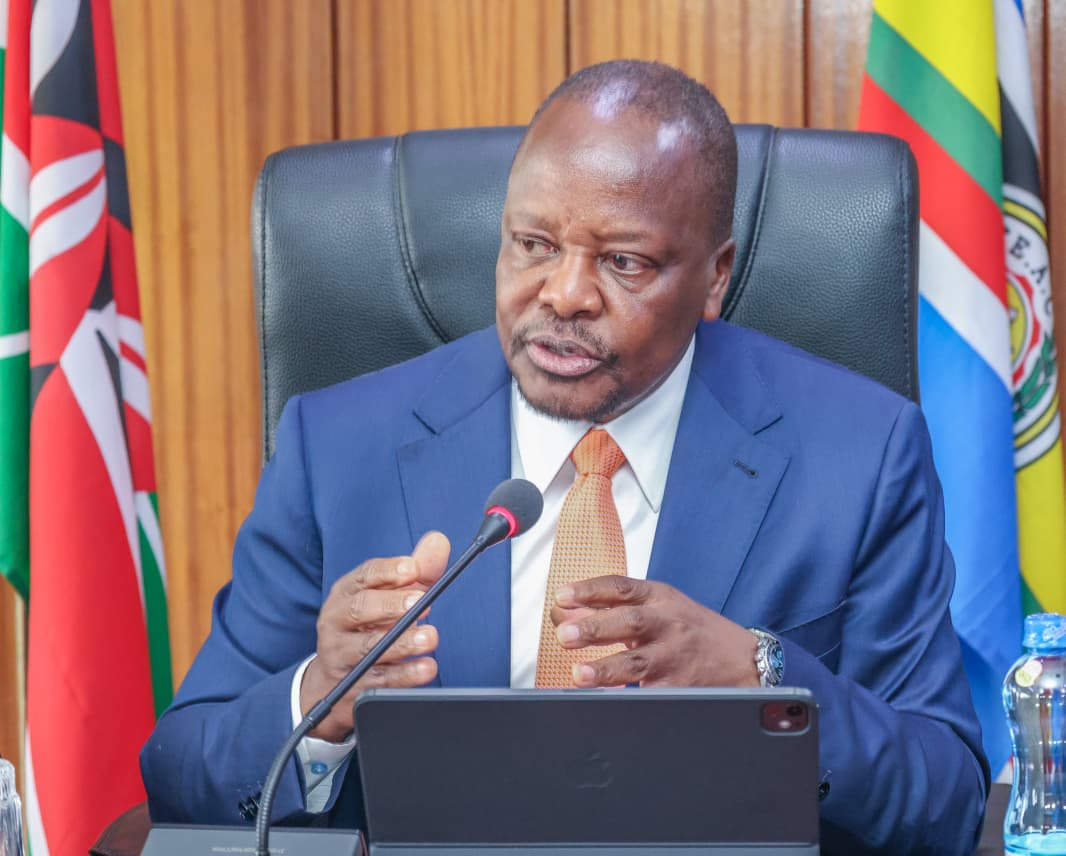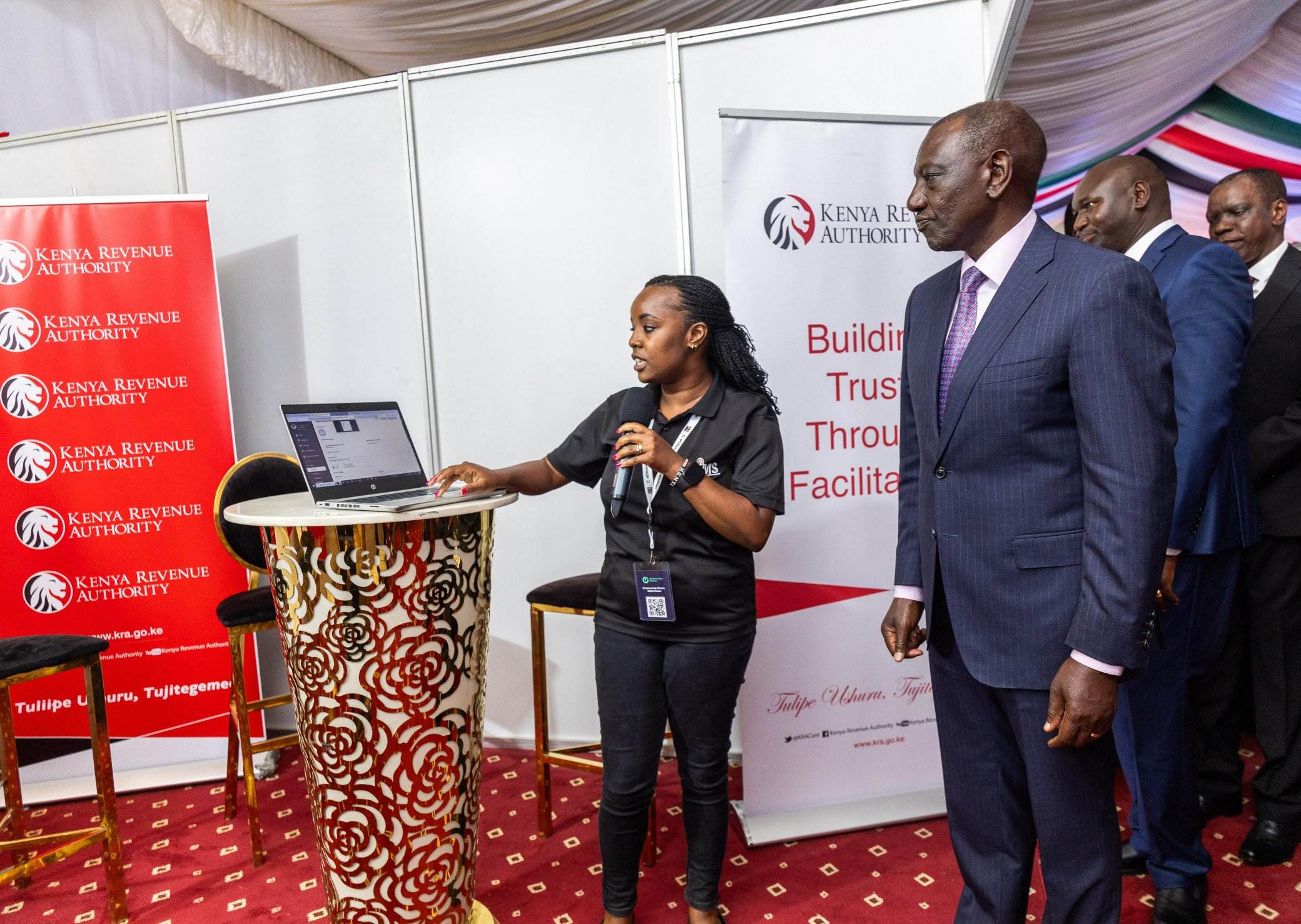Matatu industry players calls for urgent government reforms to end lawlessness on roads

The Federation of Public Transport Sector, which brings together all associations within the industry, has blamed the lack of a national transport master plan for the disarray in Nairobi’s matatu sector.
Many have been concerned about the chaotic state of Kenya’s public transport sector, with operators calling for urgent government intervention.
The Federation of Public Transport Sector, which brings together all associations within the industry, has blamed the lack of a national transport master plan for the disarray in Nairobi’s matatu sector.
More To Read
- High Court grants more time for talks in Nairobi matatu-petrol station ban case
- Relief for matatu operators after High Court halts eviction from CBD loading zones
- Matatus take EPRA and City Hall to court over ban on passenger pickups at fuel stations
- Saccos term petition to ban Matatus at fuel stations baseless, court told
- Matatu operators petition Parliament for laws to curb insurance fraud
- Matatu owners petition Parliament over 'broken' PSV insurance system
According to Edwin Mukabanah, the Federation’s chair, the government has failed to regulate and streamline the sector, which significantly contributes to the chaos witnessed on the roads.
Nairobi’s matatu industry, which serves millions of passengers daily, has become notorious for its reckless operations.
Mukabanah described the situation, stating that loud music, graffiti, and dangerous driving are common on Nairobi’s matatu routes.
The Federation chair insisted that the root cause of these issues lies in the government’s failure to establish a stable framework for the sector.
“This has resulted in an unhealthy competition among operators, with too many vehicles being placed on the roads, causing traffic jams, accidents, and even clashes between rival crews,” Mukabanah said.
He added that this chaotic environment is scaring away potential investors who are unwilling to commit to a sector that lacks long-term stability.
Operators are urging Parliament to adopt international models of transport management, such as gross-cost contracts.
Fixed charges
These models involve operators being paid a fixed amount for services provided, regardless of the revenue collected.
Mukabanah argued that such an approach would reduce competition among operators and allow them to focus on providing quality services.
The Federation has also called for a comprehensive national transport master plan to guide the development of the sector.
Mukabanah pointed out that countries with long-term transport plans, ranging from 25 to 50 years, offer more stability and investment certainty for public transport operators.
In Kenya, however, operators are constrained by the NTSA’s short-term licensing system, which offers permits that last only a year.
“You can’t run a proper public transport system without a master plan. This would encourage private investors to commit to long-term ventures and infrastructure projects,” Mukabanah said.
He also argued that longer-term licenses, similar to those used in other countries, would allow operators to plan better and invest in permanent staff.
The Federation’s proposal to have matatu operators accredited by government-approved institutions has also garnered attention.
Mukabanah likened this approach to the way other sectors, such as health and aviation, ensure that only trained professionals are involved in critical services.
Another key issue raised by operators is the lack of legislative backing for NaMATA, the Nairobi Metropolitan Area Transport Authority.
Currently operating under an executive order, NaMATA is tasked with coordinating transport across Nairobi and neighbouring counties. The Federation is calling for NaMATA to be anchored in legislation to ensure better coordination and regulation.
The National Assembly's Departmental Committee on Transport has expressed an understanding of the challenges within the sector and has promised to address the issues raised by operators.
“We will convene a meeting in June with all the involved parties to discuss these concerns further,” said George Kariuki, the Chair of the Transport Committee.
Top Stories Today














































